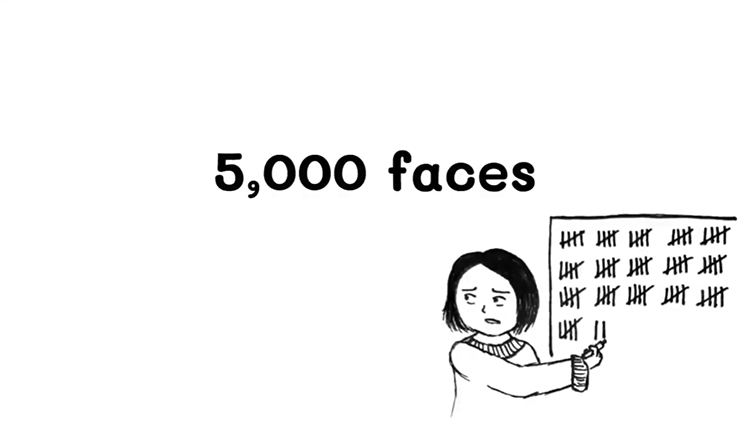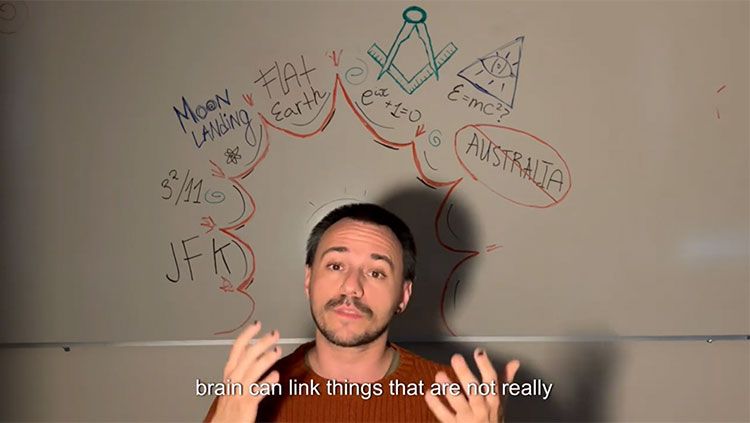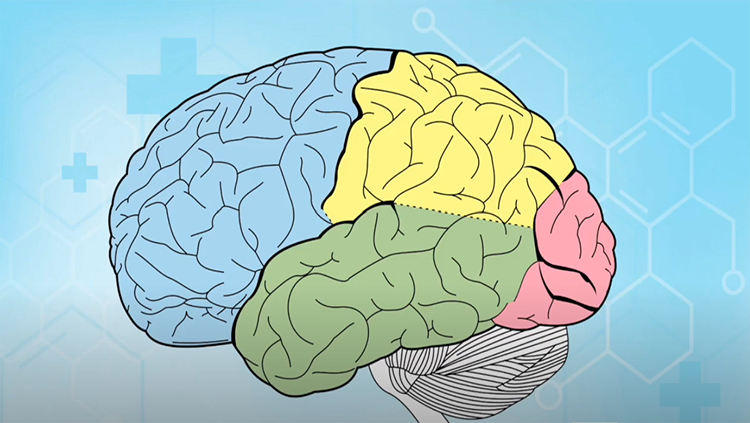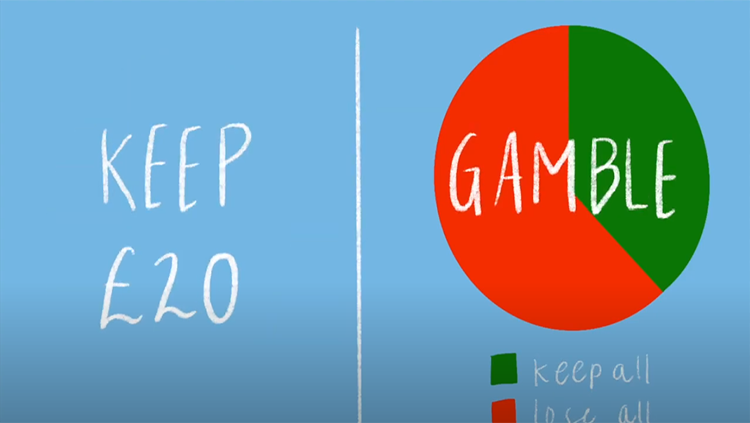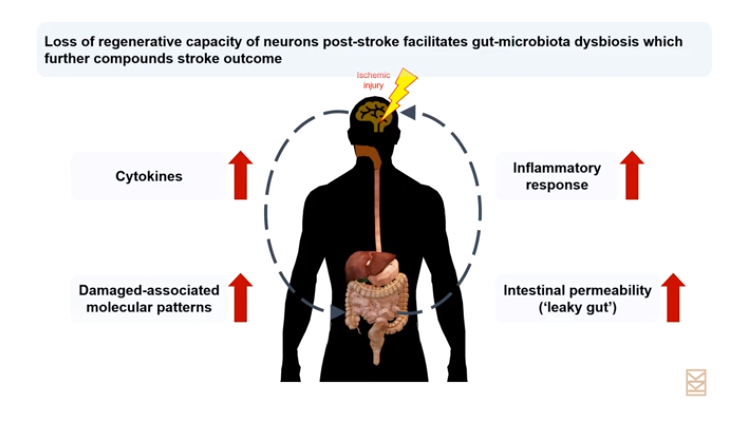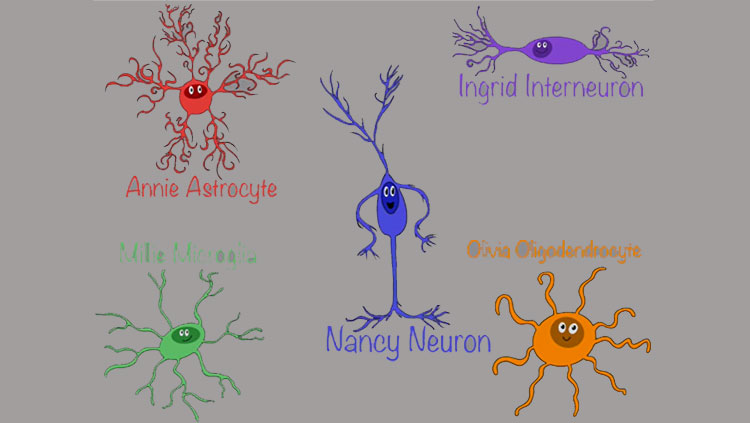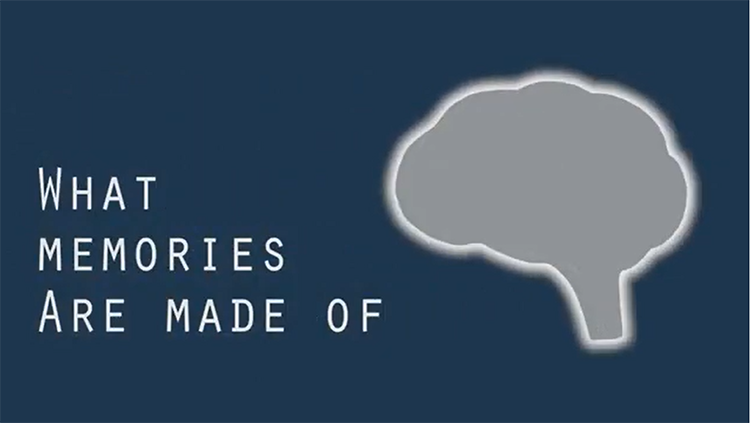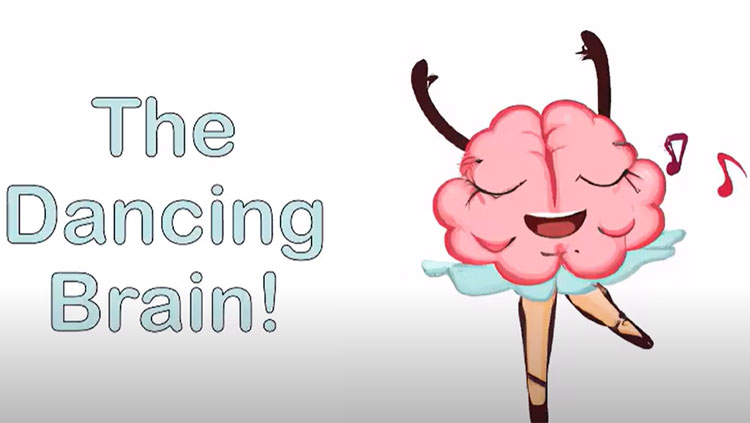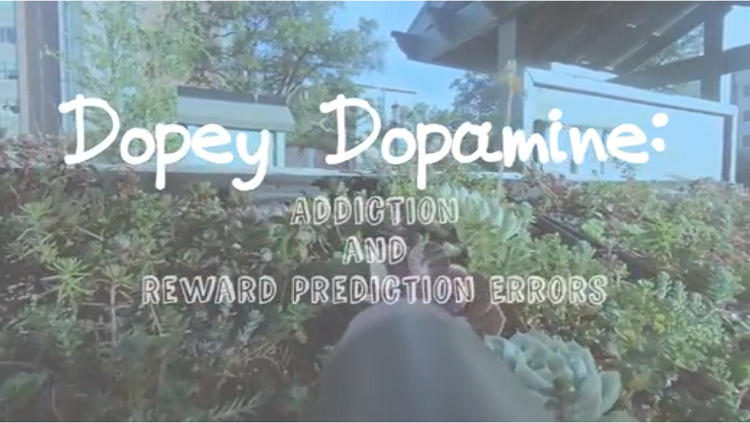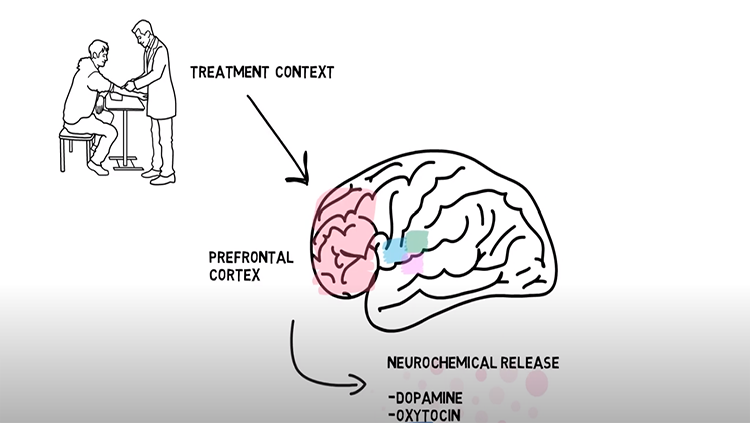Filter
-
(1)
-
(1)
-
-
(1)
-
(8)
-
(15)
-
(3)
-
(1)
-
(2)
-
(1)
-
(3)
-
(1)
-
(1)
-
(2)
-
(2)
-
(1)
-
(1)
-
(2)
-
(1)
-
(1)
-
(1)
-
-
(1)
-
(1)
-
-
(1)
-
(8)
-
(3)
-
(4)
-
(3)
-
(1)
-
-
(93)
-
(39)
-
(18)
-
(33)
-
(4)
-
(15)
-
-
(2)
-
(2)
-
-
(1)
-
(1)
-
-
(10)
-
(1)
-
(8)
-
(3)
-
-
(3)
-
(1)
-
(1)
-
(1)
-
-
(1)
-
(4)
-
(10)
-
(1)
-
(1)
-
(7)
-
(1)
-
-
(49)
-
(7)
-
(2)
-
(2)
-
(5)
-
(2)
-
(7)
-
(7)
-
(11)
-
(9)
-
-
(6)
-
(14)
-
(1)
-
(9)
-
(1)
-
(3)
-
(2)
-
-
(1)
-
(1)
-
(7)
-
(6)
-
(2)
-
(1)
-
(1)
-
-
(1)
-
(1)
-
-
(1)
-
(25)
-
(3)
-
(1)
-
(17)
-
-
(3)
-
(2)
-
(1)
-
-
(6)
-
(1)
-
(5)
-
(4)
-
-
(6)
-
(1)
-
(2)
-
(2)
-
(2)
-
-
(4)
-
(4)
-
-
(1)
-
(2)
-
(2)
-
(1)
-
(1)
-
-
(3)
-
(1)
-
(1)
-
(1)
-
-
(5)
-
(1)
-
(4)
-
-
(32)
-
(7)
-
(2)
-
(7)
-
(10)
-
-
(1)
-
(1)
-
(1)
-
-
(5)
-
(8)
-
(6)
-
(3)
-
-
(1)
-
(1)
-
-
(2)
-
(2)
-
-
(3)
-
(1)
-
(3)
-
-
(7)
-
(4)
-
(3)
-
(2)
-
(5)
-
(1)
-
-
(2)
-
(1)
-
(1)
-
-
(27)
-
(9)
-
(7)
-
(3)
-
(1)
-
(12)
-
-
(153)
-
(1)
-
(10)
-
(4)
-
(24)
-
(28)
-
(12)
-
(10)
-
(24)
-
(2)
-
(20)
-
(6)
-
(15)
-
(8)
-
(7)
-
(64)
-
(9)
-
(28)
-
-
(13)
-
(1)
-
(3)
-
(1)
-
(4)
-
(1)
-
(4)
-
(1)
-
-
(6)
-
(6)
-
-
(5)
-
(2)
-
(203)
-
(167)
-
(11)
-
(6)
-
(4)
-
(1)
-
(18)
-
(6)
-
(21)
-
(5)
-
(173)
81 - 90 of 219 results
-
Our knack for recognizing faces helps us communicate with those around us and learn about our environment.
-
Conspiracy theories take advantage of our pattern-seeking brains by grabbing attention, triggering strong emotions, and giving meaning to random events. Researchers think dopamine could be to blame when people forgo the facts for fiction.
-
Like a gardener trimming the excess branches of a tree, synaptic pruning clears away unneeded connections between neurons.
-
How choices are framed can drastically influence our decisions ¬¬— even when outcomes are identical.
-
Regularly consuming fatty foods sets off a chain of events in the body that increase the risk of stroke.
-
Learn about some of the most abundant cells in your brain with the help of Nancy Neuron.
-
The brain stores memories by changing how neurons talk to each other.
-
When you dance, your brain is behind your moves: your ears that hear, your foot that taps. It’s a synchrony of different brain parts working together to coordinate your rhythm and beat.
-
Learn about the reward prediction error hypothesis as it applies to addiction and reward cues in thebrain.
-
Believing a treatment will work can change how you respond to it — even when it’s fake.


